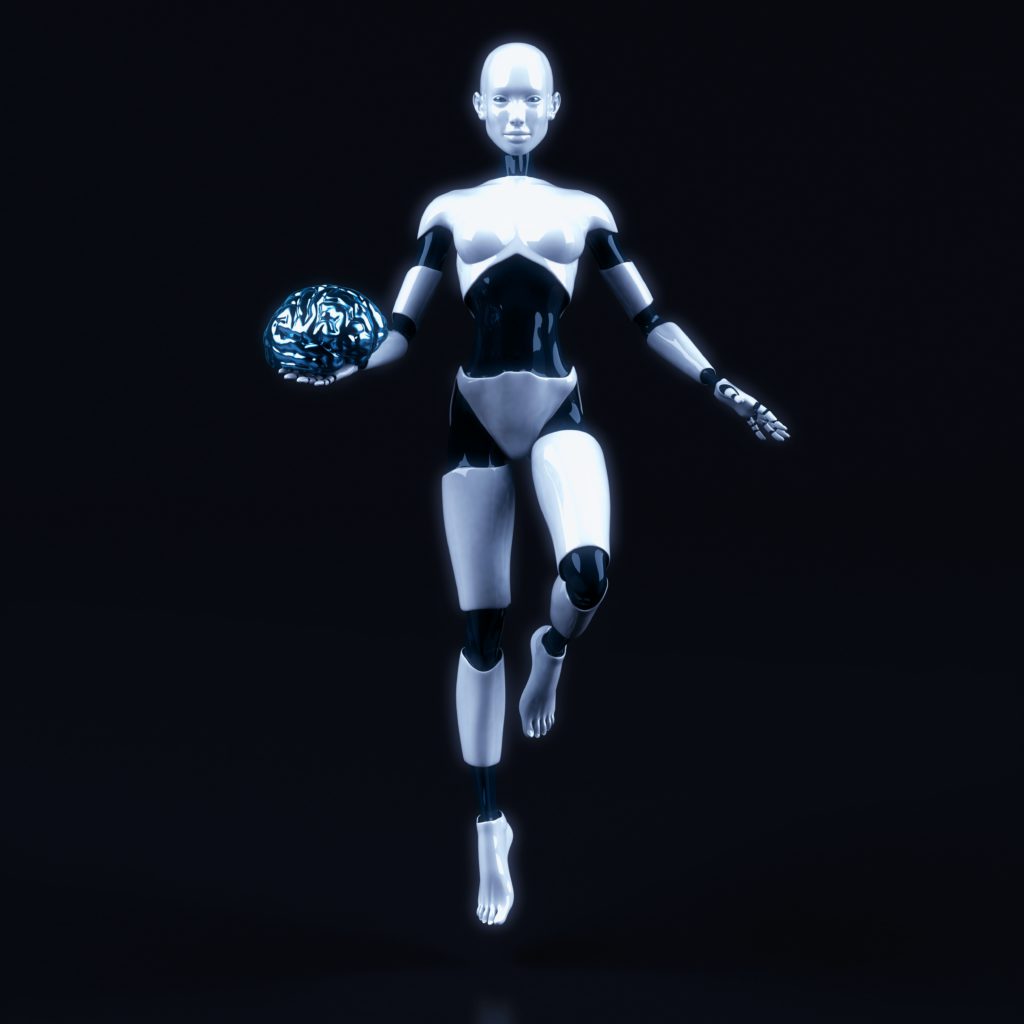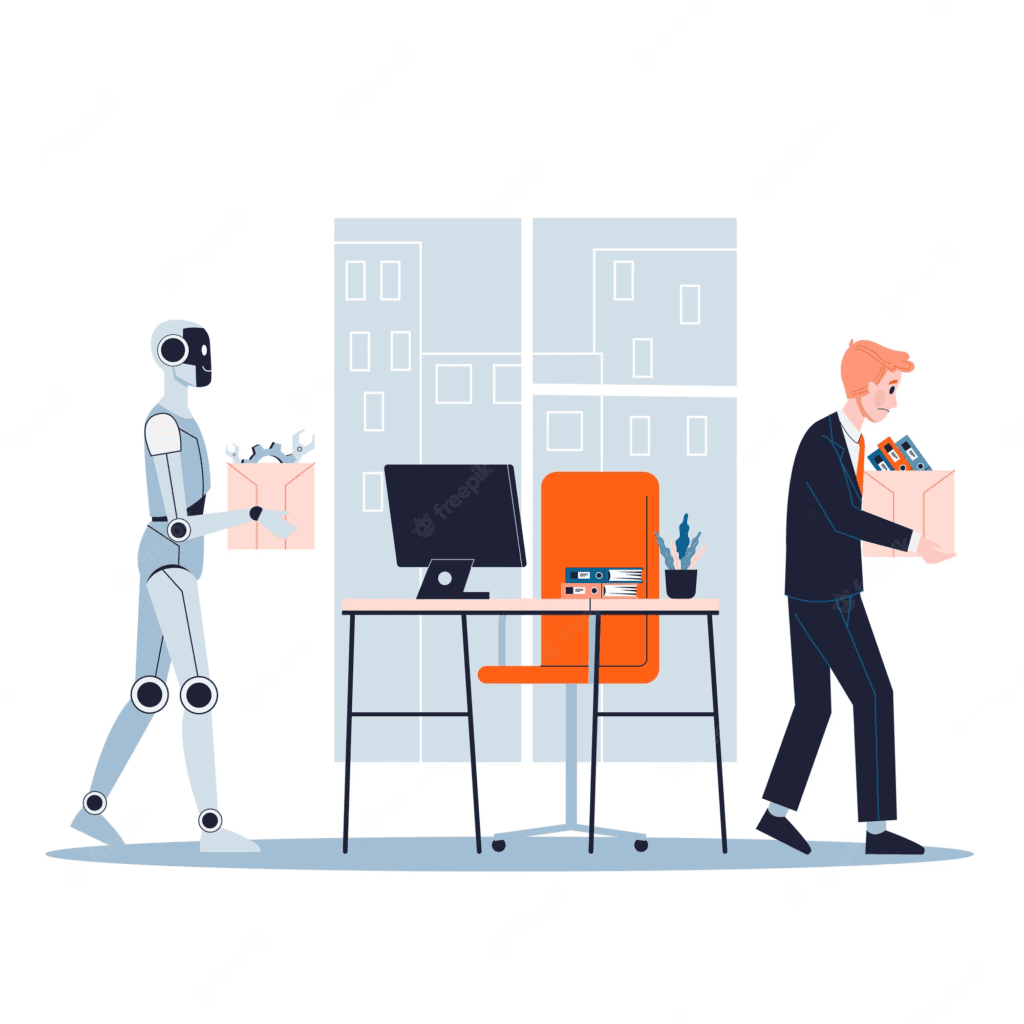Artificial Intelligence (AI) is playing an important role in making people’s lives easier. With being used in different virtual assistants, intelligence also adds to the personalization of different services. AI-powered robots and machines are also helping people in various industries, such as manufacturing, healthcare, and transportation, to work more efficiently and accurately.
One of the most significant benefits that AI has is its ability to automate repetitive tasks and perform them faster and more accurately than humans. This allows people to focus on more complex and creative tasks that require human skills, such as critical thinking, problem-solving, and decision-making.
AI is revolutionizing the way people live and work, making tasks easier, faster, and more efficient, and enabling people to focus on more meaningful and creative work. Artificial intelligence (AI) has come a long way in recent years, with machines able to do things that were once thought to be the exclusive domain of humans. However, there are still some things that AI cannot change or accomplish, and it’s important to understand these limitations.
Emotions
Emotions are a crucial aspect of human experience that enables us to make decisions and judgments based on subjective factors such as personal values, beliefs, and experiences. Emotions allow us to empathize with others, form relationships, and respond to complex situations in ways that are not possible for AI systems.
AI lacks emotional intelligence. It cannot experience emotions in the same way humans do. While it can recognize emotions through facial expressions, tone of voice, and other cues, it cannot experience them or understand their complex nuances.

For example, an AI system might recognize that a person is angry, but it cannot understand why they are angry, or what the appropriate response might be.
Human Creativity
While AI can create new things based on patterns and data, it cannot truly replicate human creativity, imagination, and intuition. Humans can connect seemingly unrelated ideas and come up with novel solutions that AI cannot.

For example, an AI system might be able to generate a new piece of music based on an analysis of existing songs, but it cannot create a completely original composition that reflects the unique perspective and vision of a human artist.
Human Judgment
AI can make decisions based on data and algorithms, but it cannot replace human judgment entirely. Humans bring their own experiences, values, and ethics to decision-making, which AI lacks.

For example, an AI system might be able to recommend a treatment for a medical condition based on a patient’s symptoms and medical history, but it cannot fully understand the patient’s unique situation and preferences, or consider the full range of possible outcomes and risks.
Also Read: Reflections of Me- a Netflix event to celebrate International Women’s month
Human Interaction
AI can simulate human interaction through chatbots and voice assistants, but it cannot fully replace the depth and complexity of human-to-human interaction. Humans bring empathy, compassion, and social skills to interactions, which AI cannot replicate.

For example, an AI chatbot might be able to answer simple customer service questions, but it cannot provide the same level of personalized attention and care that a human customer service representative can.
Physical Limitations
While AI can automate many physical tasks, it cannot overcome physical limitations such as gravity, distance, and environmental constraints in the same way humans can.

For example, an AI system might be able to fly a drone to collect data from a remote location, but it cannot physically travel to that location without human intervention.
While AI has made impressive strides in recent years, it still has some fundamental limitations. It cannot replace human emotions, creativity, judgment, interaction, and physical abilities. As we continue to develop and integrate AI into our lives, it’s important to keep these limitations in mind and to use AI in ways that complement and enhance human capabilities, rather than replace them entirely.


